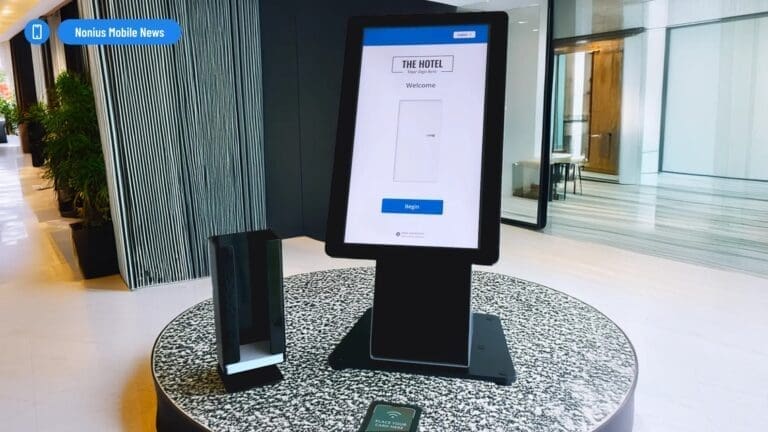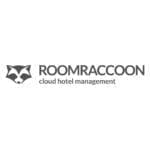 Hotels recognize revenue management drives profits, but only some hotels recognize revenue management is like a stream running through the hotel. Every department and staff member impacts the hotel’s profitability.
Hotels recognize revenue management drives profits, but only some hotels recognize revenue management is like a stream running through the hotel. Every department and staff member impacts the hotel’s profitability.
Take early check-ins and late checkouts. Usually, the reception staff handles these requests and must strike a balance. Your front-line staff wants to keep the customer happy, but they must also keep the hotel’s needs in mind.
Happy customers lead to good reviews, making or breaking a hotel’s reputation and revenue.
Imagine a customer who thought they had a late checkout and planned their day around that time. Then, they’re told that’s not the case, and now they’re disgruntled. We all know unhappy customers are likely to leave a negative review.
That negative review appears online and will steer future customers to a different hotel. Over time, the hotel’s online reputation decreases and, with it, profits.
That might sound extreme, but revenue management is inextricably linked to your front desk staff and how they handle early check-in and late checkout requests.
How do they balance such requests?
Each situation is case-by-case, depending on the customer and room/housekeeping availability. But here are some typical scenarios.
Three early check-in scenarios
1. What can you do if a customer requests an early check-in well in advance?
You can’t guarantee room availability unless you charge them for the previous night. You can explain nicely, and the guest can decide how important the early check-in is to them.
If you have online booking software, the software can share this information with the customer.
2. Once the customer arrives and asks for an early check-in, you must assess all angles.
Do you have available rooms? If so, are they the rooms these people would receive later in the day? If yes, let them have them as a courtesy and encourage a positive review.
If they’re your nicest rooms reserved for bigger spenders, you can politely tell the customers their rooms aren’t ready yet. They aren’t.
3. The exhausted traveler
If you’re facing an exhausted traveler who’s been on three flights and a train in the past 24 hours, you can empathize. If you have courtesy rooms available, it’s a nice gesture to accommodate them at no additional cost, even if it means cleaning the room twice. Such hospitality can encourage a positive review.
In each case, it’s important to close the room sales both online and offline until they’re clean and ready for new customers.
Then, there are late checkouts
If people are a few minutes late checking out, that’s usually not a problem. Most hotels can accommodate even as late as an hour as a courtesy.
But if people want a two-hour later checkout or even later, then your hotel staff has to consider the logistics.
Like the early check-in situation, these are in-the-moment decisions. No one can guarantee a late checkout day or weeks in advance because you don’t know the day-of occupancy. But when the customer stands before you on checkout day and requests a late checkout, you do have an idea of your occupancy levels. If there’s availability, reception staff can agree to late checkouts at their discretion.
Otherwise, it’s a balancing act. Let’s review the possibilities.
1. You have available rooms.
Great. What’s next? When do you expect the next guests to arrive? Do you have maid service available and enough time to clean the room? If there’s not enough time or staff to clean, then there’s your answer. It’s not possible.
Now, there can be times when you can grant a late checkout but charge the guest. For example, if the guest wants a late checkout and you have availability but no maid service, then you can’t resell the room that night, and you’ll have to charge the guest for a full night.
2. You have both rooms and maid service
Once you’ve verified, you have both available; charging the customer at least 50% makes sense. That’s because the room is worth less as the afternoon and night wear on, and it gets tougher to sell at the total rate.
3. An unhappy customer wants a late checkout
If you have the availability, you can choose your next steps. Imagine this customer had various problems during their stay they attribute to the hotel. This is a chance to make it up to them. Offer them the late checkout option at no fee and stave off a negative review.
4. The customer requests the late checkout months in advance.
No matter which scenario you face, it’s essential to block the sale of online and offline rooms in use until they’re clean and ready for the next customers.
Other considerations
Based on Revenue Team by Franco Grasso’s experience, revenue managers analyze historical, current, and future data to make recommendations to enhance the hotel’s profitability.
In some cases, if it’s low season and you don’t expect to sell the rooms, it can be a good idea to let customers have a complimentary early check-in or late checkout. Especially if you’re looking to ramp up your online reviews.
Recent positive reviews impact your hotel’s visibility and can contribute to the ability to double, triple, or more the room rates come high season.
Training your hotel reception on the best practices for early check-ins and late checkouts can help them recognize the hotel’s business goals and encourage guests to leave positive reviews.
Ultimately, those positive reviews boost the property’s visibility and brand reputation, which increases profits. That’s the goal of revenue management.
To discover additional insights about revenue management download the free ebook 10 things to know about revenue management.




















